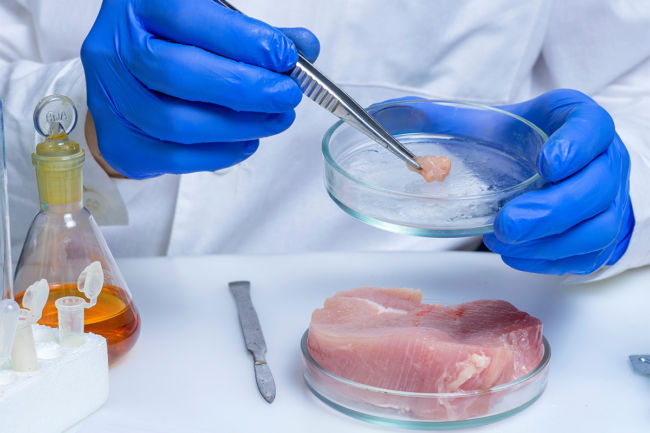WASHINGTON — The US Department of Agriculture’s Food Safety and Inspection Service (FSIS) announced it intends to exclude Salmonella poultry vaccine strains from the agency’s Salmonella performance categorization calculation, beginning April 1.
The decision was made after collecting data from 11 pilot projects that tested different strategies for Salmonella control in poultry products.
In 2021, FSIS made the announcement that as part of its ongoing efforts to reduce foodborne illnesses caused by Salmonella, it would invite poultry processors to submit proposals for Salmonella control pilot projects. FSIS would then analyze the data to determine whether it supports changes to existing FSIS Salmonella control strategies.
Since March 2023, project proposals from nine different establishments, including Pilgrim’s Pride, Miller Poultry, Foster Farms, and Bell & Evans, were approved by FSIS.
FSIS examined Salmonella detection and serotype data from flocks vaccinated with a modified live Salmonella vaccine at pre- and post-intervention points in the participating establishments. The data indicated that vaccine strains can occasionally be found in raw poultry products even when the vaccine is used as directed on the label.
FSIS’ current policy that counts such strains as a positive result in performance categorization may discourage use of vaccination as a tool to control Salmonella. In order to remove barriers from using these valuable pre-harvest interventions, FSIS plans to exclude current commercial vaccine subtypes confirmed in FSIS raw poultry samples from the calculation used to categorize establishments under the raw poultry Salmonella performance standards.
FSIS Salmonella performance standards are assessed on broiler carcasses, turkey carcasses, comminuted chicken, comminuted turkey and chicken parts.
FSIS is accepting comments on the decision through March 30.



